To ‘corral’ is to enclose, envelop, fence, pen, coop, cage. It is the opposite of freedom. We don’t escape this by claiming a love of freedom. Can we escape this by being resilient?
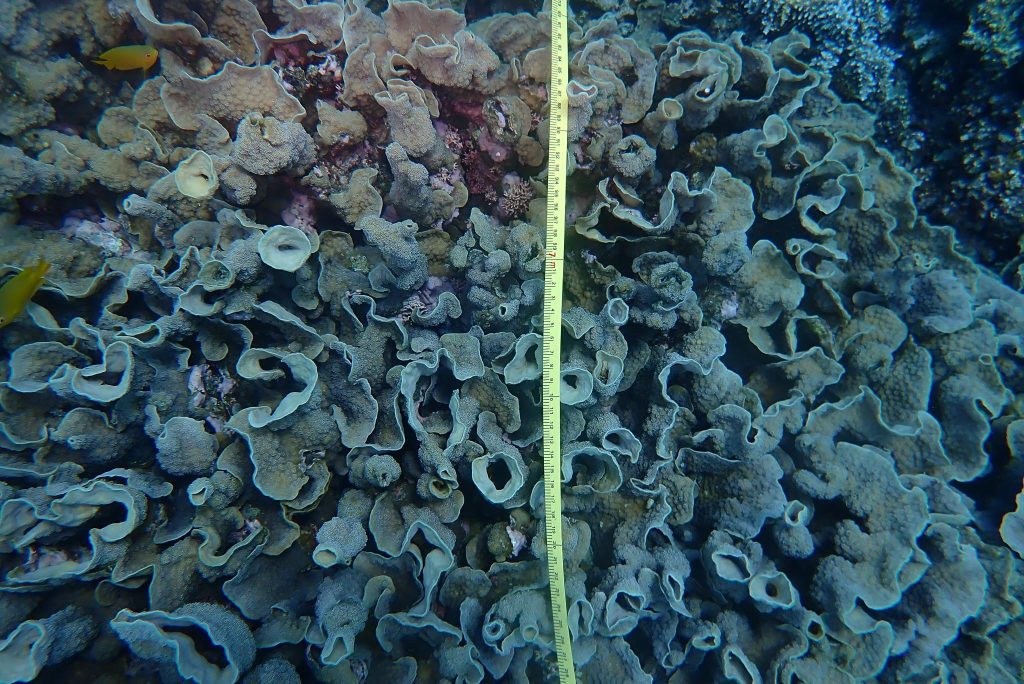
I am a bit tired of the freedom mantra. It has given a lot of accredited propagandists the opportunity to speak nonsense when they could be testing perceived barriers to freedom.
They suggest there is chaos, when all I see are cycles. To suggest that change is bad, when change is the only constant in life and at coral reefs.
Understanding, derived from truth is much more important than freedom – and it is harder, it requires some discipline. And when it comes to the Great Barrier Reef it requires the ‘talking heads’ to get in the water, and to observe.
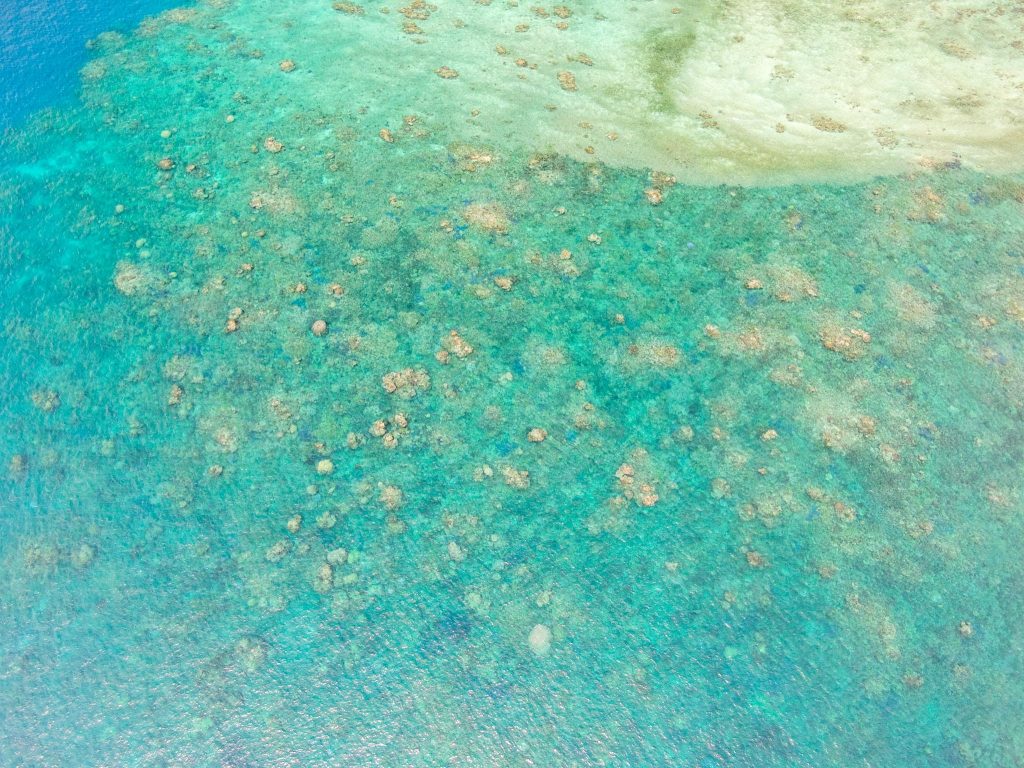
Perhaps resilience begins with some awareness of the reality of the situation, and after that some historical perspective.
What does it mean to be resilient – for a coral reef, for a community, for an individual? How can we measure resilience? It is important.
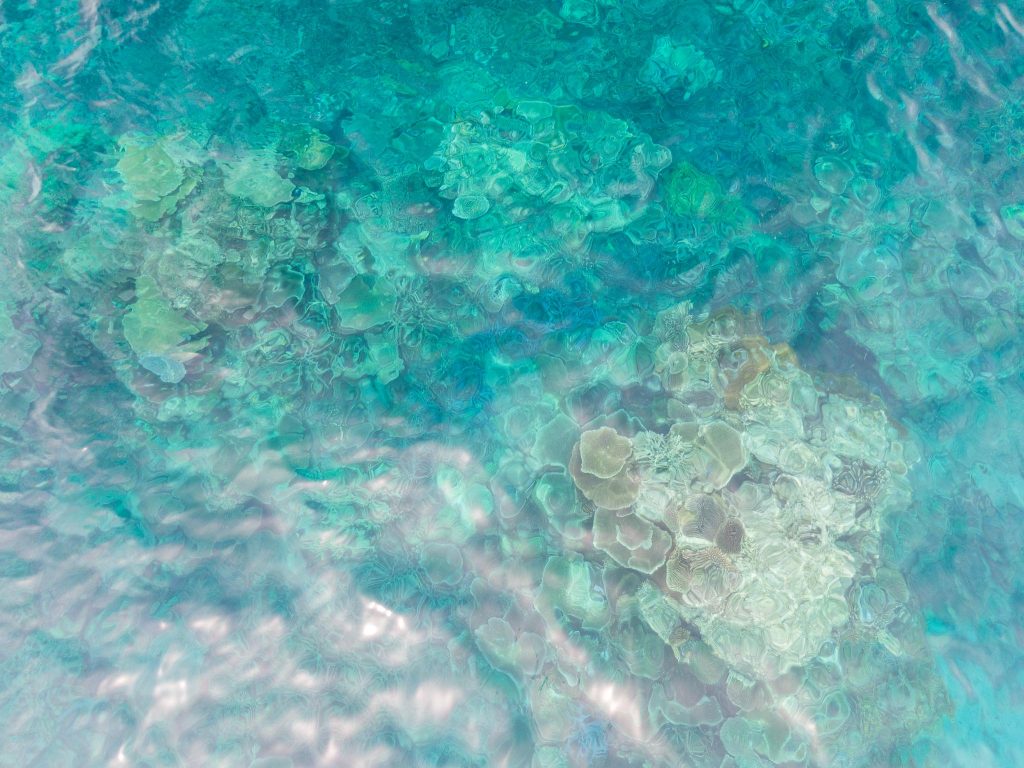
According to the American Psychological Association: “Resilience is the process and outcome of successfully adapting to difficult or challenging life experiences, especially through mental, emotional, and behavioural flexibility and adjustment to external and internal demands. [end quote]
So, what does it mean to adapt? And what should we be adapting to? And what is more important – freedom or truth in terms of being resilient and being adaptable.
There are usually choices. But those forcing change don’t usually agree when an individual refuses to be corralled in a particular direction, and instead smashes through a perceived barrier. Of course, that requires a level of fitness, a level of fitness beyond that assumed by the builder of the barrier seeking to corral.
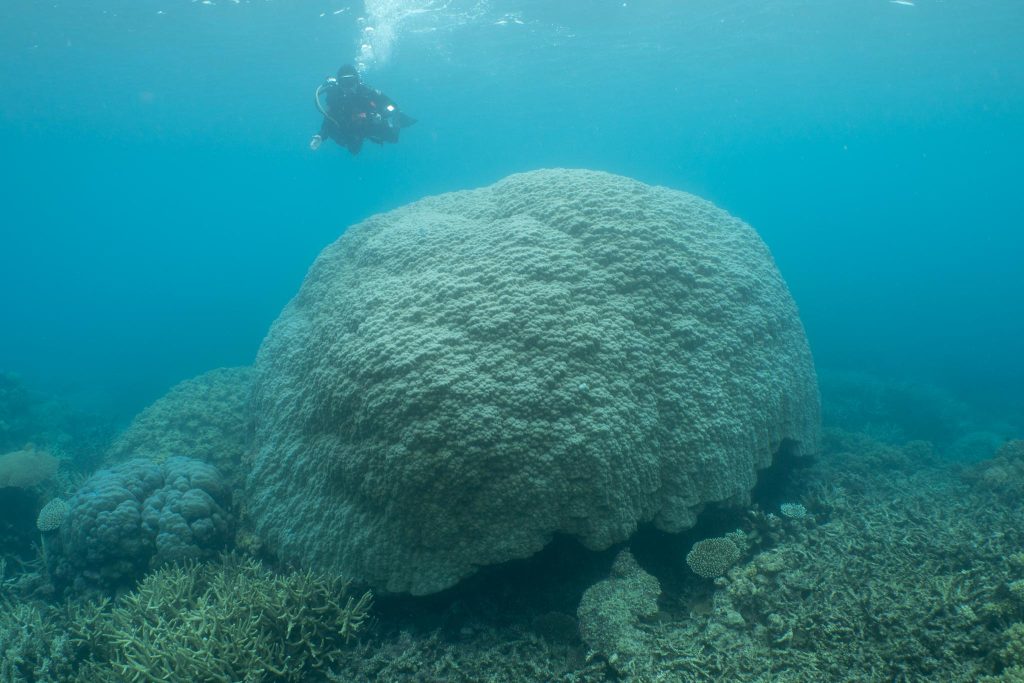

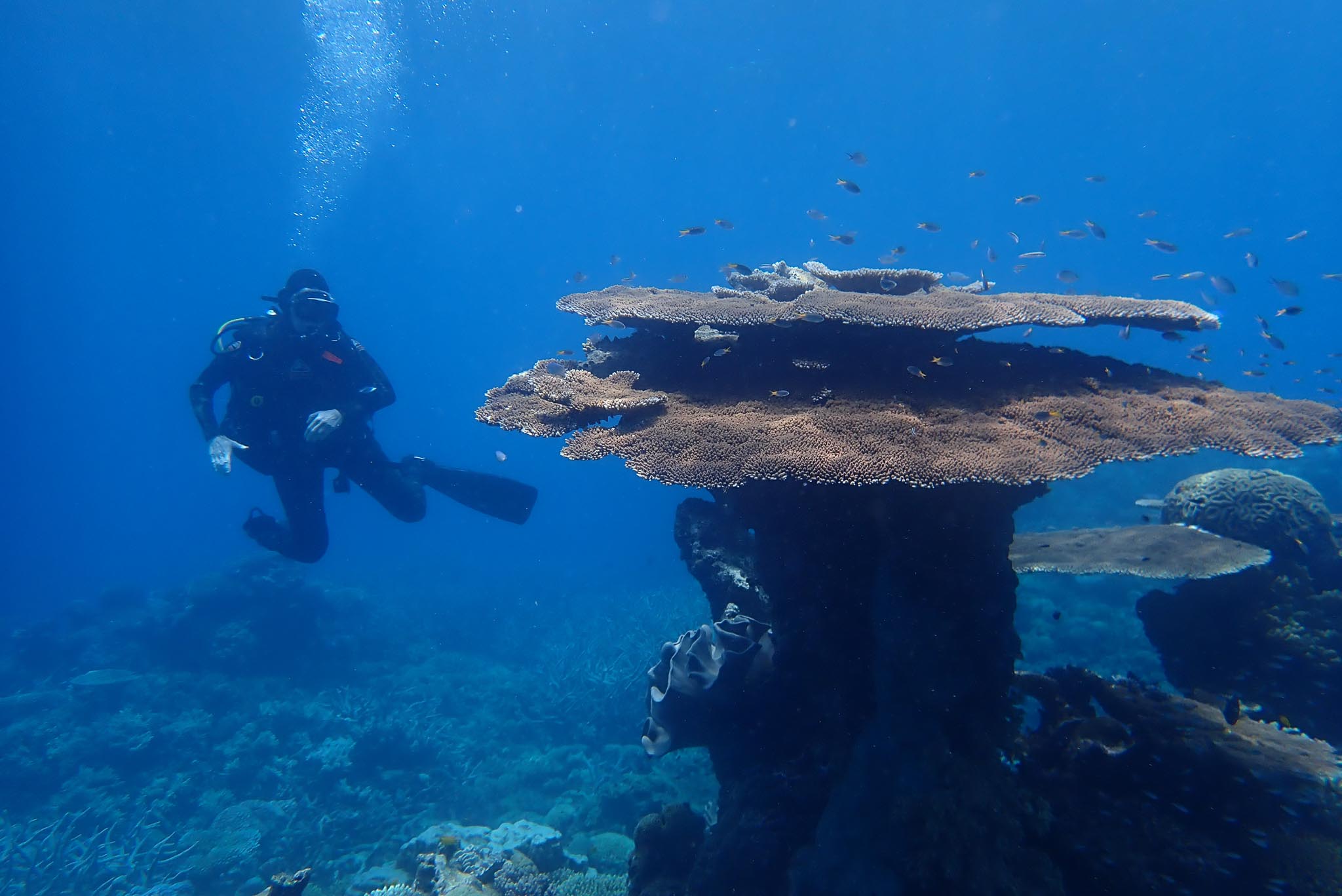
 Jennifer Marohasy BSc PhD is a critical thinker with expertise in the scientific method.
Jennifer Marohasy BSc PhD is a critical thinker with expertise in the scientific method.

So informed thanks 🙏
Are you now agreeing with scientific concensus, that the climate is changing, the oceans are warming, the Great Barrier Reef is bleaching; it’s too late and we now have to adapt?
Hi Karen
Thanks for your note, thanks for the question.
It has been a very disappointing year for me. One of things that made me feel quite sick was to see one of my favourite coral reef, John Brewer reef, to see it smashed so badly by Tropical Cyclone Kirrily. I have written about this here: https://jennifermarohasy.com/2024/02/cyclone-kirrily-smashed-my-favourite-coral-reef/
Cyclones can do so much damage at coral reefs.
At the same time I was disgusted that there was no acknowledgement of what had caused this damage. Not by either side of politics.
The left has continued on about coral bleaching, and the right has denied any damage to this reef at all continuing to claim record coral cover. That is a disgrace.
For example, this talk by Peter Ridd (click here: https://ipa.org.au/research/climate-change-and-energy/dr-peter-ridd-culture-wars-on-the-great-barrier-reef-ipa-academy ) was given to my colleagues in the aftermath of TC Kirrily destroying so much of what I had been monitoring over the last two years, with no mention of the damage. Ridd was living in Townsville at the time, denying what had just occurred off shore. Not from pesticides and fertilisers or coral bleaching, but from a cyclone. And a cyclone that hit John Brewer as a Category 3.
I have not changed. I continue to show that observation is central to the traditional scientific method — to getting to the truth. I continue to take the time to go and see.
But I see a terrible betrayal of the scientific method, and increasingly by the right of politics. The last time I was hopeful was before the ARC conference in London, and you can read how that ended, click here:
https://jennifermarohasy.com/2023/11/political-and-natural-hazards-arc-part-3/
There needs to be some atonement.
You are correct to emphasise the term ‘observation’.
Scientists should(above all,) be Observers – not ‘followers’, or sycophants.
Observation tells us when to change or alter our perception towards a determinate outcome, (however interim.)